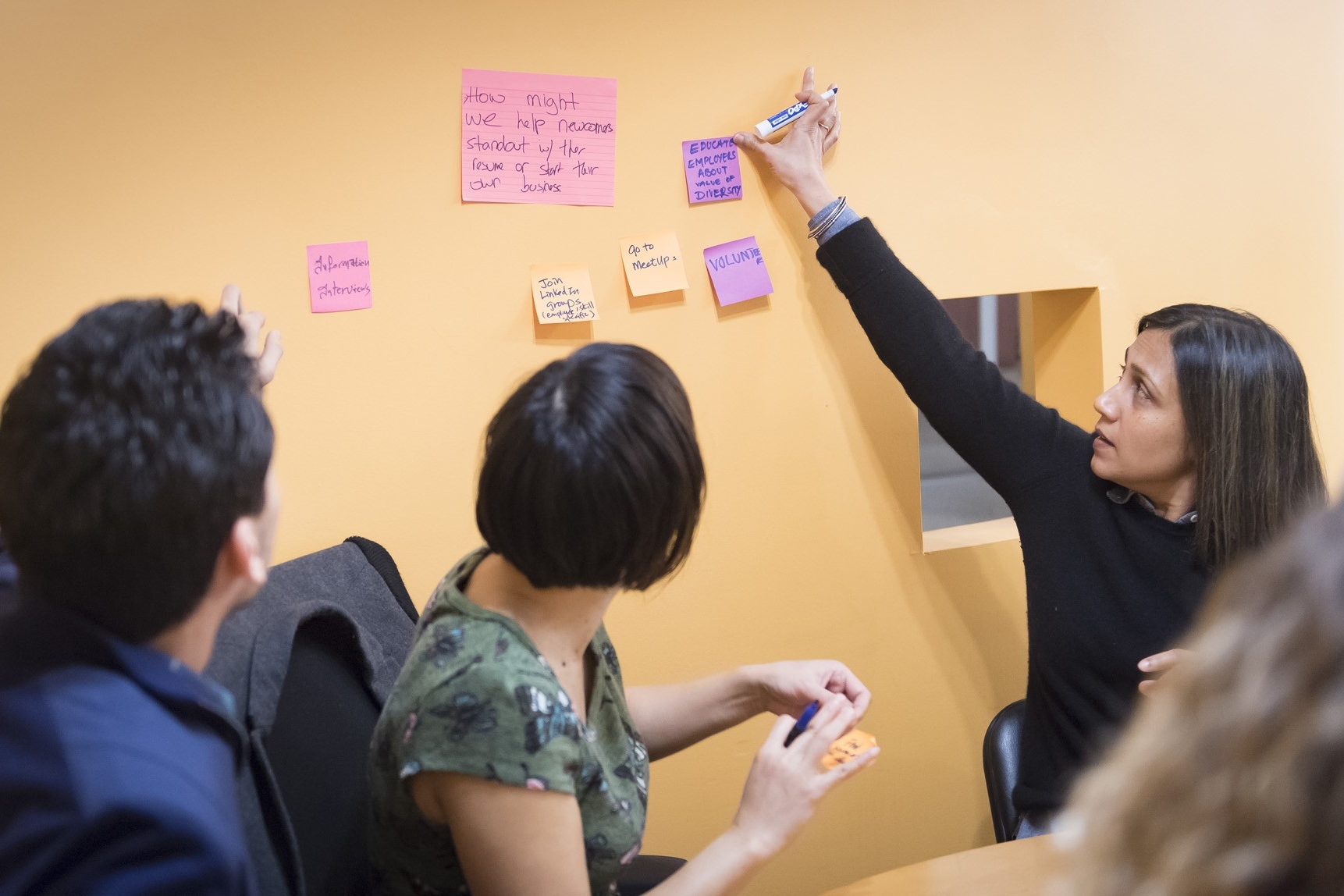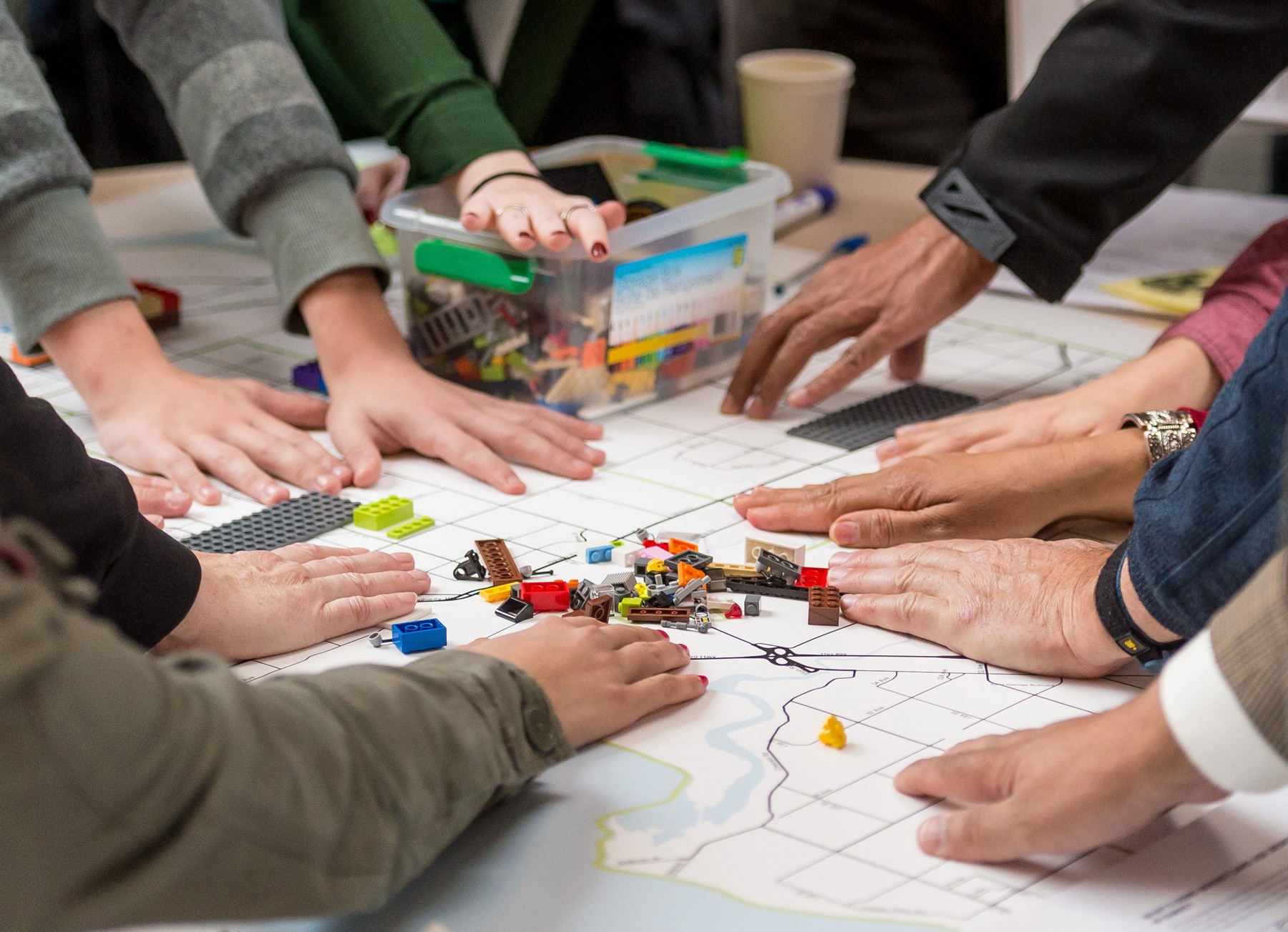Do you want to better understand how students learn and improve your own teaching through an inquiry-based model?
What we offer
Together we are transforming inquiry into teaching and learning at SFU by supporting faculty, instructors, staff, and students to engage in the scholarship of teaching and learning (SoTL).

Individualized and responsive support along a continuum of teaching and learning inquiry and research needs, including access to SoTL-trained research assistants.
A robust model of project support and development, no matter the question or form of inquiry.

Research funding opportunities based on project needs.
Connection with SoTL researchers inside and outside of SFU

Inquiry-research support that represents the diversity of skills, disciplines, capacities, and interests of our learning community while building on the principles of Scholarship of Teaching and Learning (SoTL).

How we work
We partner with instructors to enhance learning through the development of theory and knowledge of teaching and learning.
We promote instructors’ expertise and expand our collective commitment to teaching and learning through reflective inquiry. We are evidence-based and embrace the multiple ways of knowing to support transformative and situated-practice.



